Children are born motivated to learn. Think about how much a newborn changes and learns in their first year of life. No one grades them…
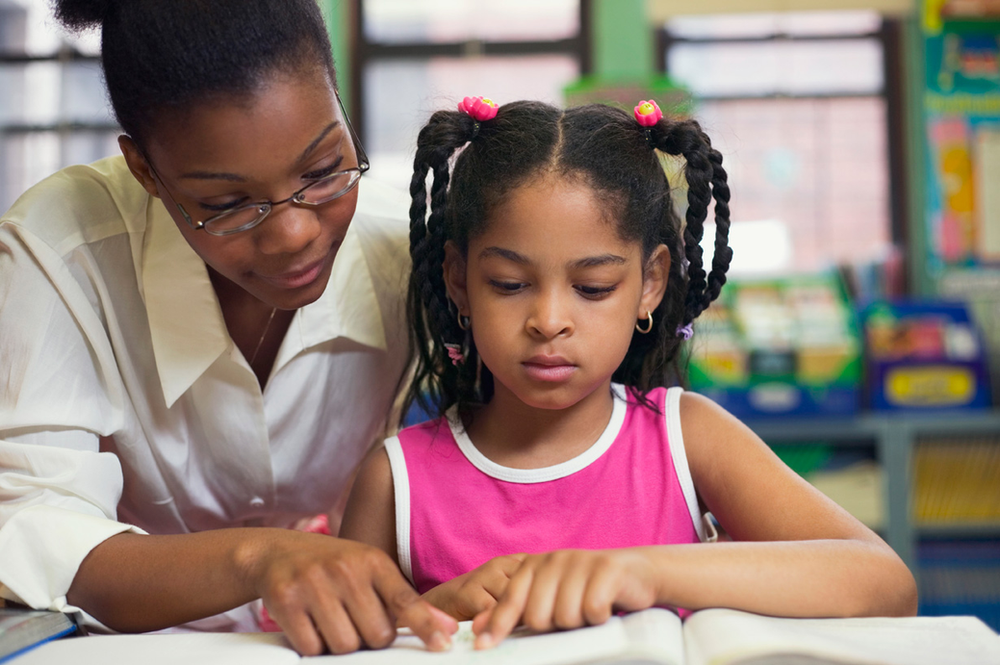

Children are born motivated to learn. Think about how much a newborn changes and learns in their first year of life. No one grades them…
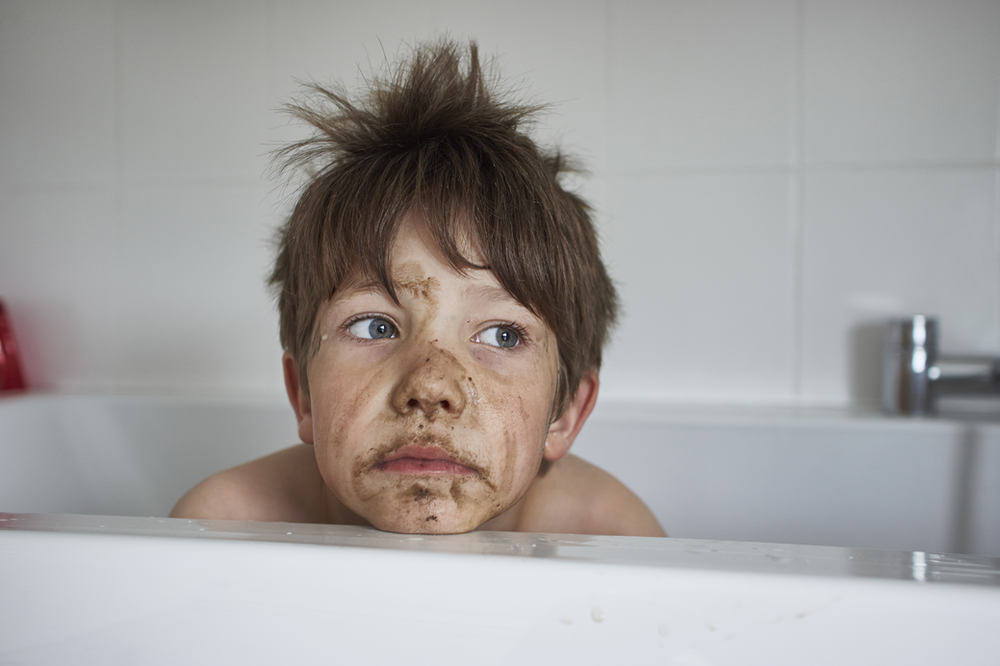
If we think of the First Plane of development as a time when the child is building their cognitive filing cabinets, classifying and…

So, maybe by now you know that observing in your child’s classroom is going to be its own special adventure. You’ll see some things that…
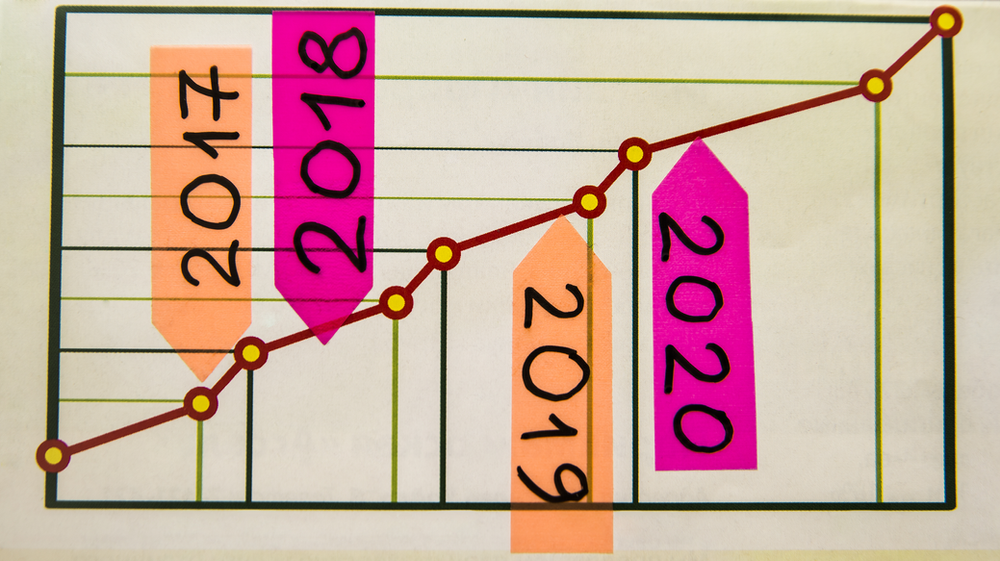
As Montessori learners develop the ability to measure and “tell” time, they are increasingly motivated to use these skills beyond daily…
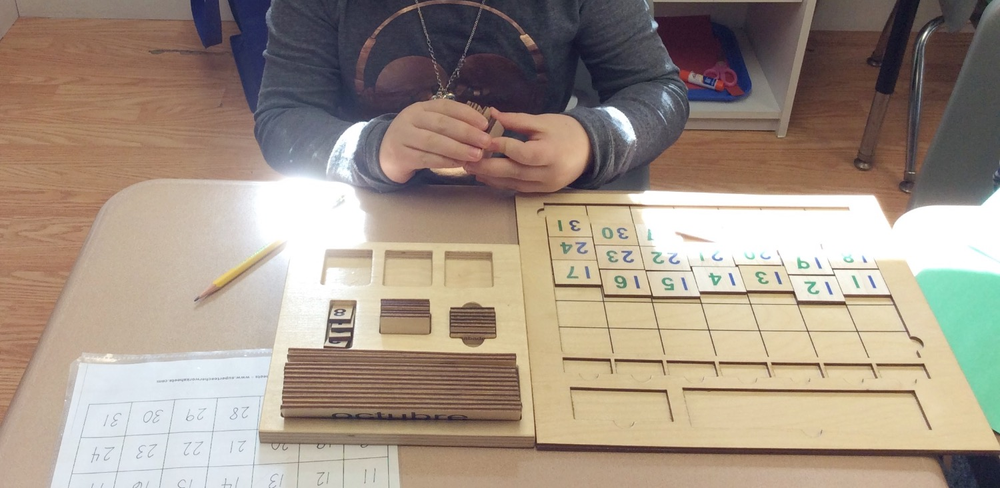
The Montessori materials all share certain characteristics. They are beautiful and elegant by design, isolating a single concept and…
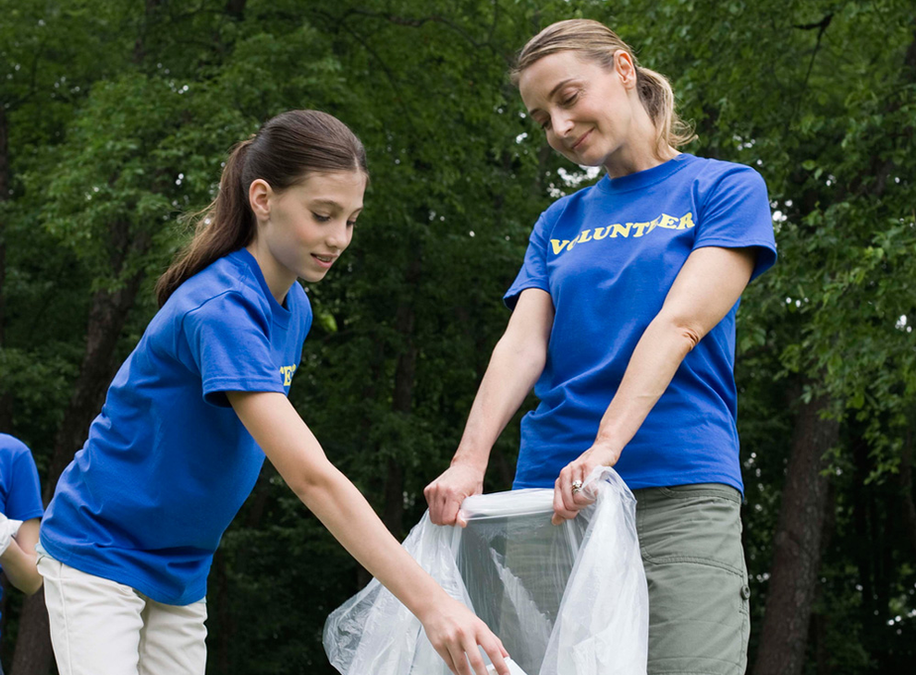
They’re taller. They talk a lot. They prefer the company of their friends over their parents. They are convinced that the world would be…

Montessori identified four planes of development through which children move in fairly predictable ways. The preparation of the…
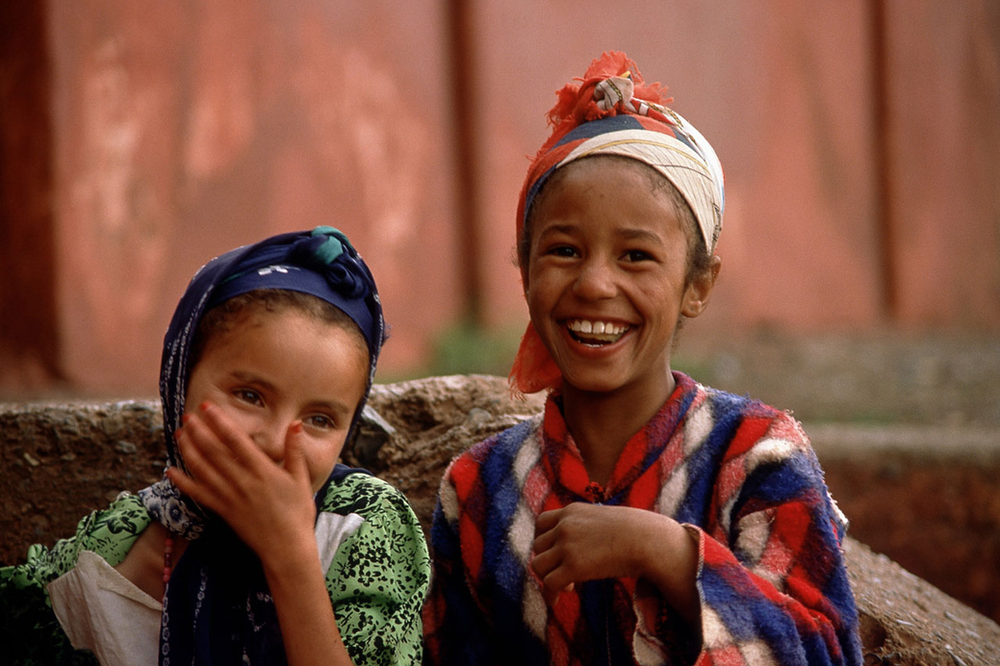
By the time your child is in the Second Plane of Development, so many qualities of their personalities have emerged and focused. You know…
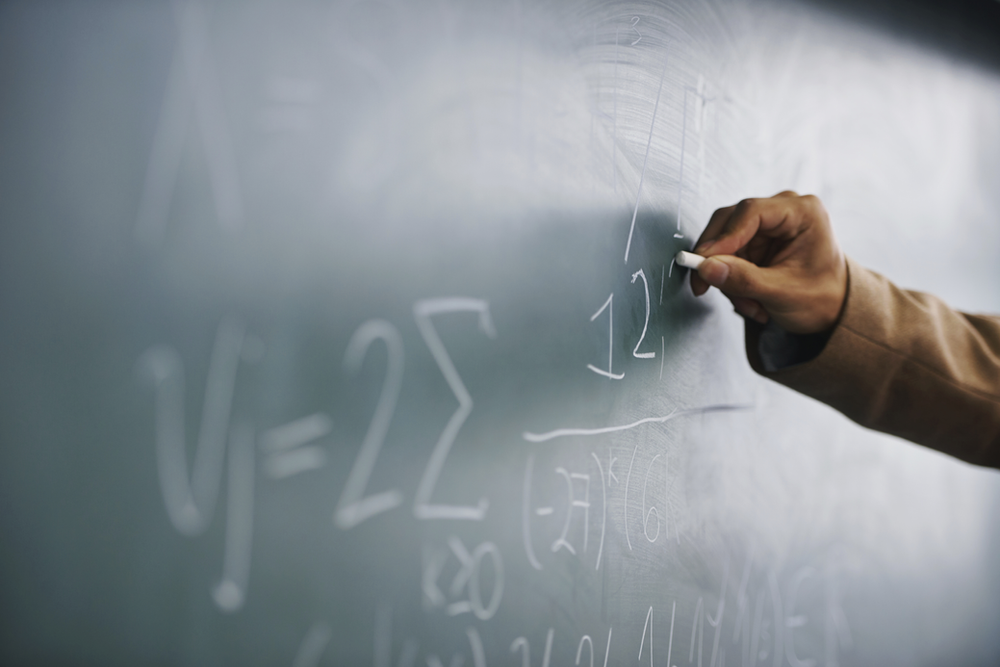
If you think of the window of development between birth and age six as marked by the construction of labels for files in a cognitive file…

Peaceful family dinners during the Age of Rudeness? Yes, it’s possible. But just as bedtime had to change to accommodate the needs of a…